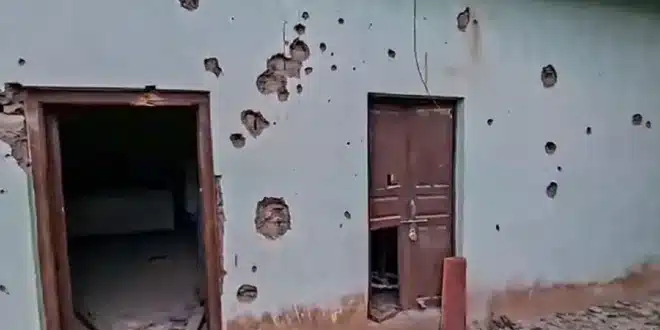Tensions between India and Pakistan have intensified following a series of cross-border incidents and military actions that have resulted in significant casualties on both sides.
The recent surge in hostilities stems from a terrorist attack on April 22 in Pahalgam, located in Indian-administered Kashmir, where 26 civilians, predominantly Hindu tourists, were killed. India attributed the attack to militant groups Jaish-e-Mohammed and Lashkar-e-Taiba, which it claims operate from Pakistani territory.
In response, India initiated “Operation Sindoor” on May 7, launching missile strikes targeting nine locations in Pakistan and Pakistan-administered Kashmir, identified as militant infrastructure. These strikes resulted in at least 31 deaths and numerous injuries, according to Pakistani officials. Pakistan condemned the attacks as violations of its sovereignty and labeled them acts of war.
Continued Cross-Border Shelling
Following the airstrikes, cross-border artillery exchanges have intensified along the Line of Control (LoC). In the Poonch district of Jammu and Kashmir, 13 civilians were reported killed, and 59 others injured due to shelling attributed to Pakistani forces. The Indian Army confirmed that a soldier also lost his life during these exchanges. Pakistan, on the other hand, reported civilian casualties and injuries resulting from Indian artillery fire. Both nations have accused each other of initiating unprovoked attacks, further escalating the situation.
The escalating conflict has drawn international attention, with global leaders and organizations urging both nations to exercise restraint and engage in diplomatic dialogue. The United Nations, the United States, the European Union, and China have all expressed concern over the potential for further escalation and have called for immediate de-escalation of tensions. Despite these appeals, both India and Pakistan have maintained firm stances, with Pakistan’s Prime Minister Shehbaz Sharif vowing retaliation for the airstrikes, and India defending its actions as necessary responses to terrorist threats.
Impact on Civilians and Regional Stability
The ongoing hostilities have significantly impacted civilian populations in the border regions. Residents have reported damage to homes, schools, and places of worship due to shelling. Evacuations have been carried out in affected areas, and there is widespread fear among communities living near the LoC. The conflict has also disrupted daily life, with schools closed and transportation services halted in several regions. The situation remains volatile, with the potential for further escalation posing a threat to regional stability.


